What does see no evil, hear no evil, speak no evil expression mean? Definitions by the largest Idiom Dictionary. See no evil, hear no evil, speak no evil - Idioms by The Free Dictionary. The three wise monkeys are a Japanese pictorial maxim, embodying the proverbial principle " see no evil, hear no evil, speak no evil ". [1] The three monkeys are. Mizaru ( 見ざる ), who sees no evil, covering his eyes. Kikazaru ( 聞かざる ), who hears no evil, covering his ears. Iwazaru ( 言わざる ), who speaks no evil, covering his.
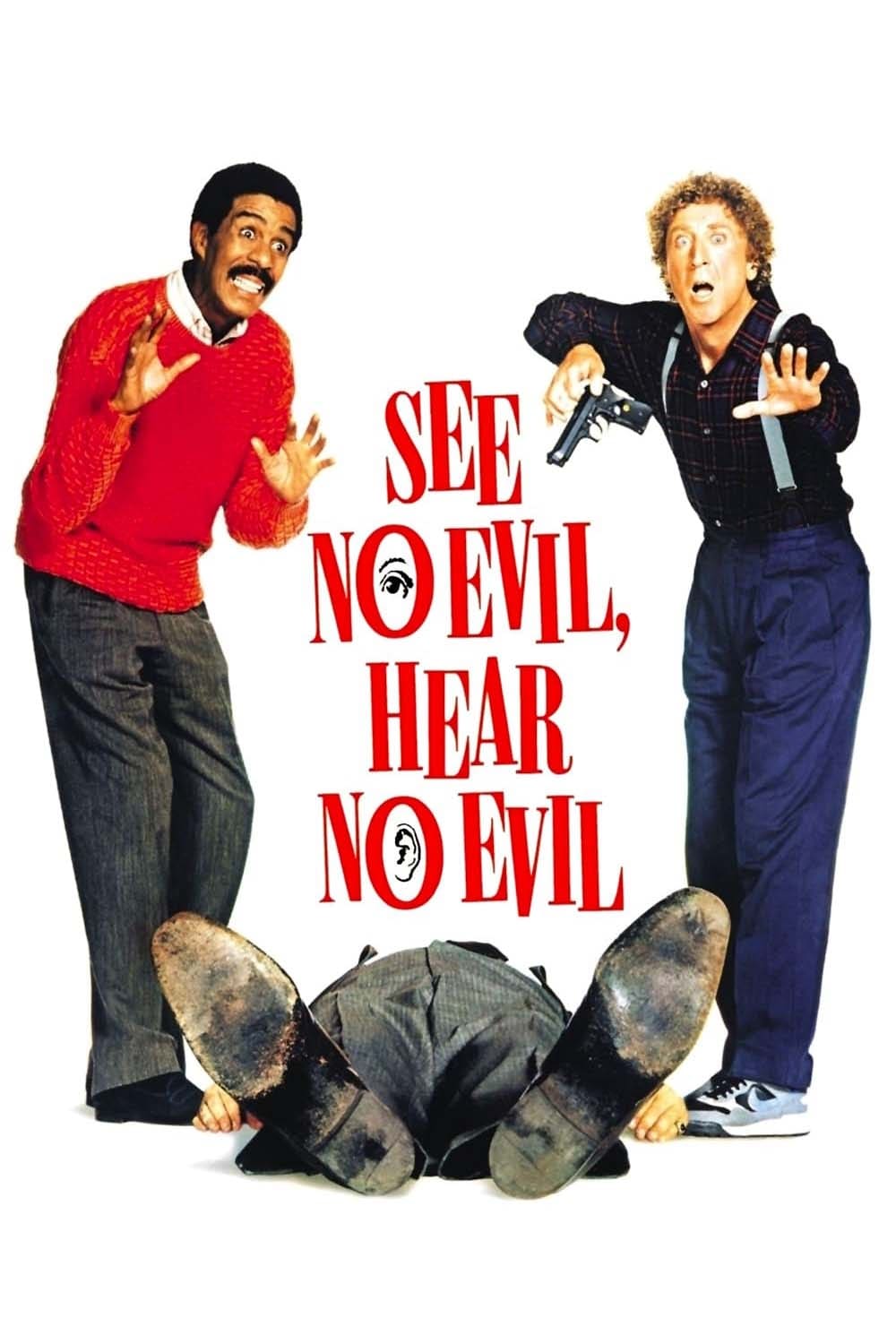
See No Evil, Hear No Evil (1989) Posters — The Movie Database (TMDB)

Three Wise Monkey See No Evil Hear No Evil Speak No Evil Vinyl Wall Decal Stickers Decorative

See No Evil, Hear No Evil (1989) IMDb

See no evil hear no evil speak no evil Evil, Cartoon animation, Year of the monkey

See No Evil, Hear No Evil (1989) Backdrops — The Movie Database (TMDB)
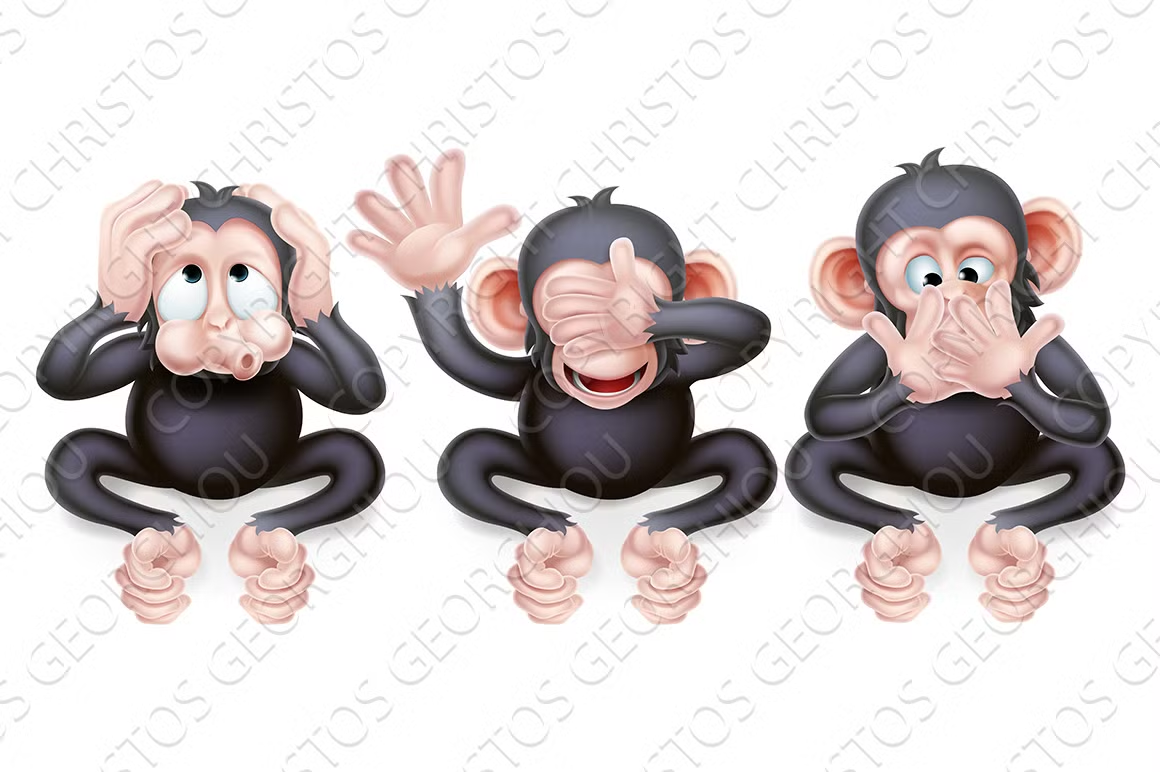
Hear no evil see no evil speak no evil monkeys CustomDesigned Illustrations Creative Market
The CineFiles SEE NO EVIL, HEAR NO EVIL (1989)
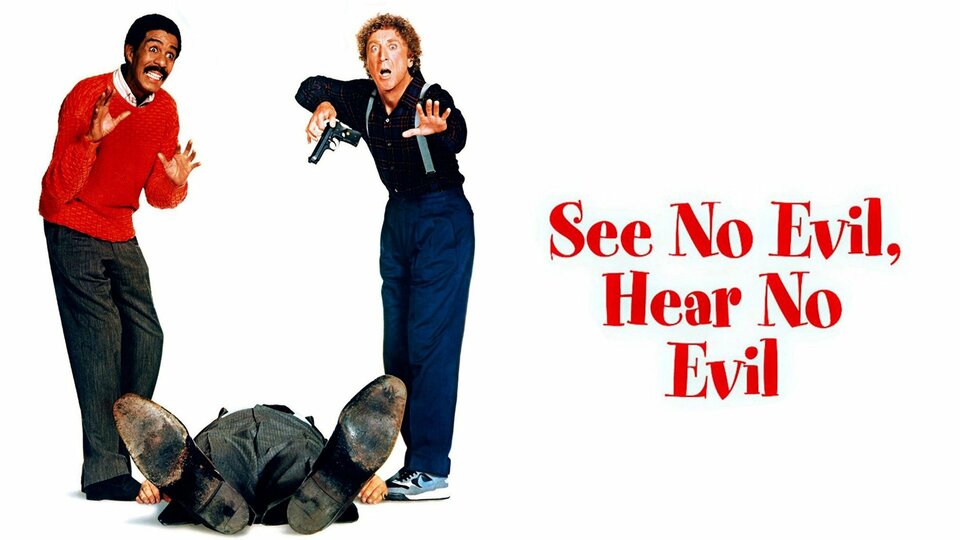
See No Evil, Hear No Evil Movie Where To Watch

See no evil, hear no evil, speak no evil, think no evil Evil, See no evil, Mischief

Desktop Wallpapers » Animals Backgrounds » Hear No Evil, See No Evil, Speak No Evil » www

Three Life Size Bronze Monkeys "see no evil, hear no evil, speak no evil.

See No Evil Hear No Evil Speak No Evil Hippie Skull Skull Mask TeePublic

Movie Review See No Evil, Hear No Evil (1989) The Ace Black Movie Blog
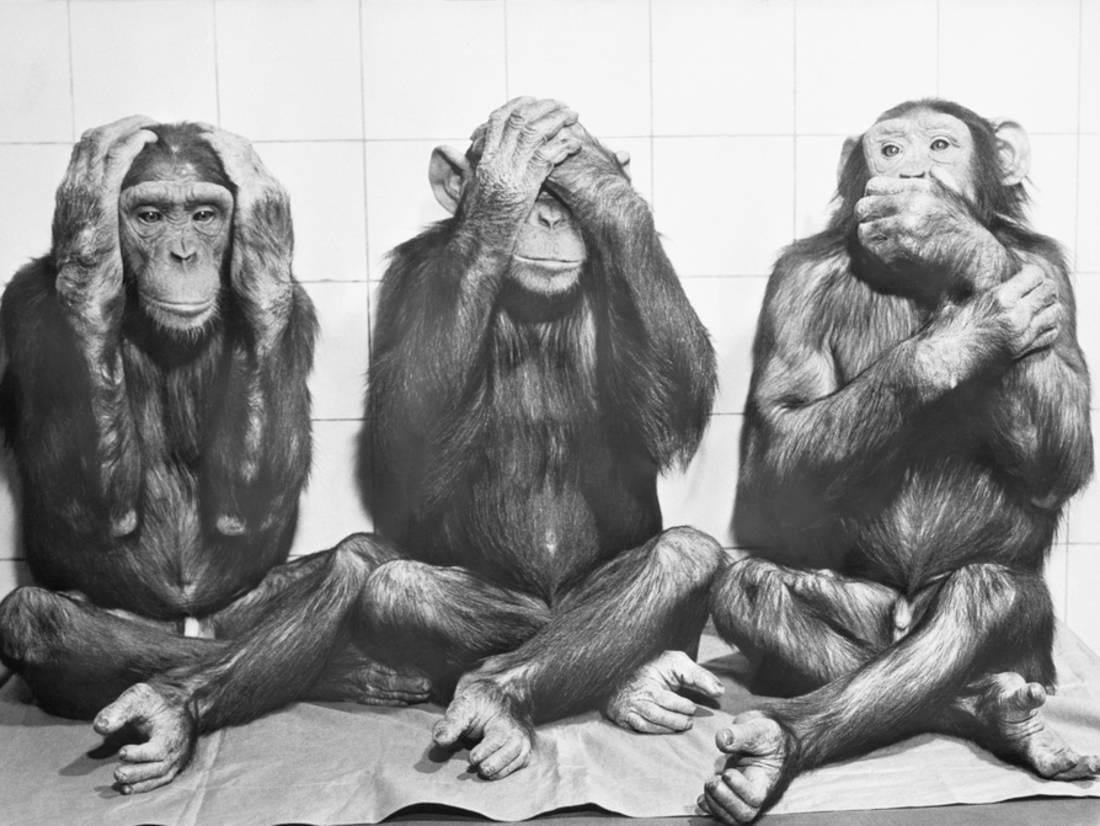
Hear No Evil, See No Evil, Speak No Evil Print Wall Art
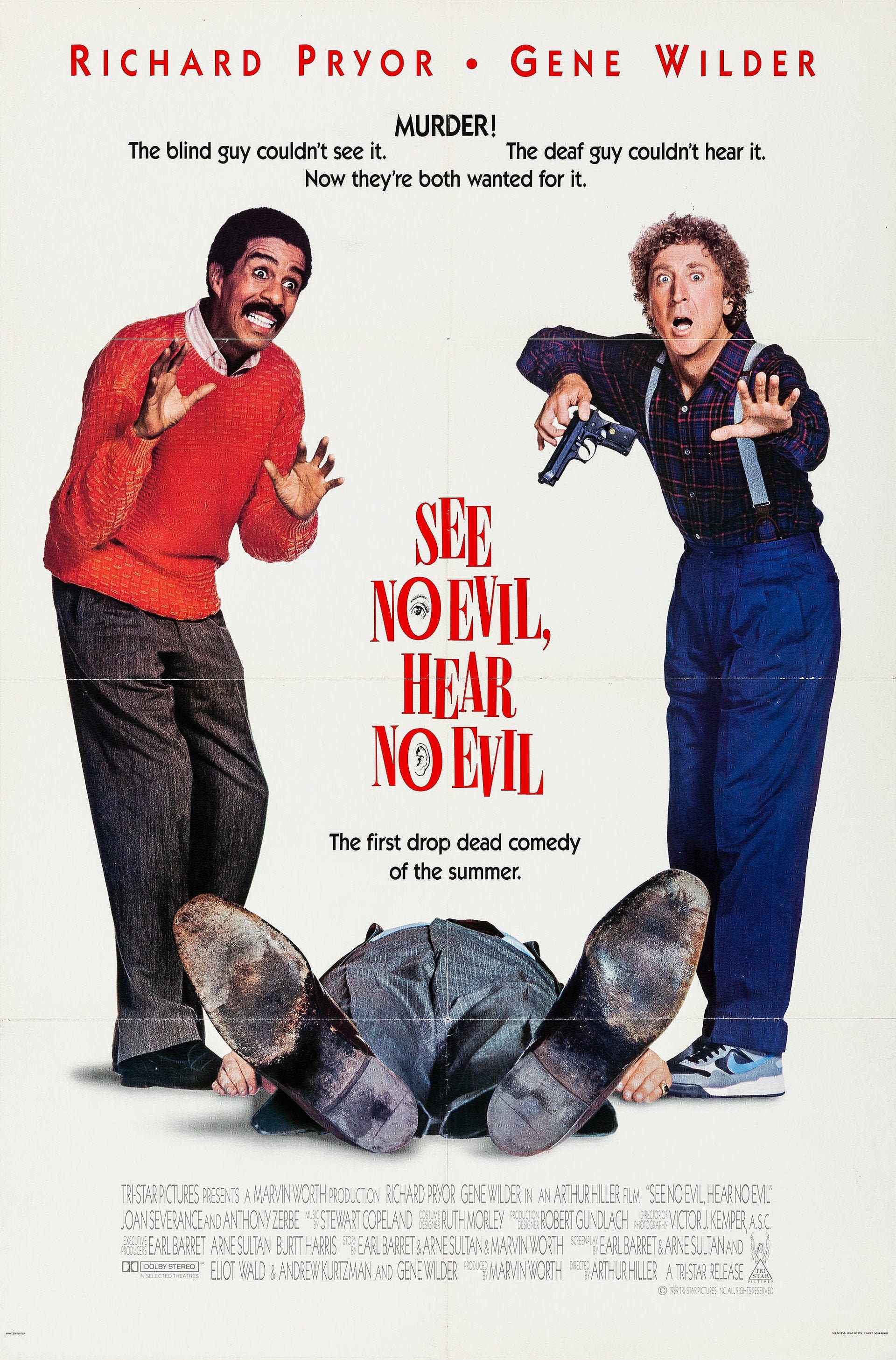
See No Evil Hear No Evil 1989 Movie Poster STICKER DieCut Etsy

See No Evil, Hear No Evil (1989) WS R4 Dvd Covers and Labels

Monkeys Hear No Evil See No Evil Speak No Evil Espresso Framed Art Print Poster (18x24) Impact

Three monkeys. SEE no evil, HEAR no evil, SPEAK no evil. Design on grunge background graphic
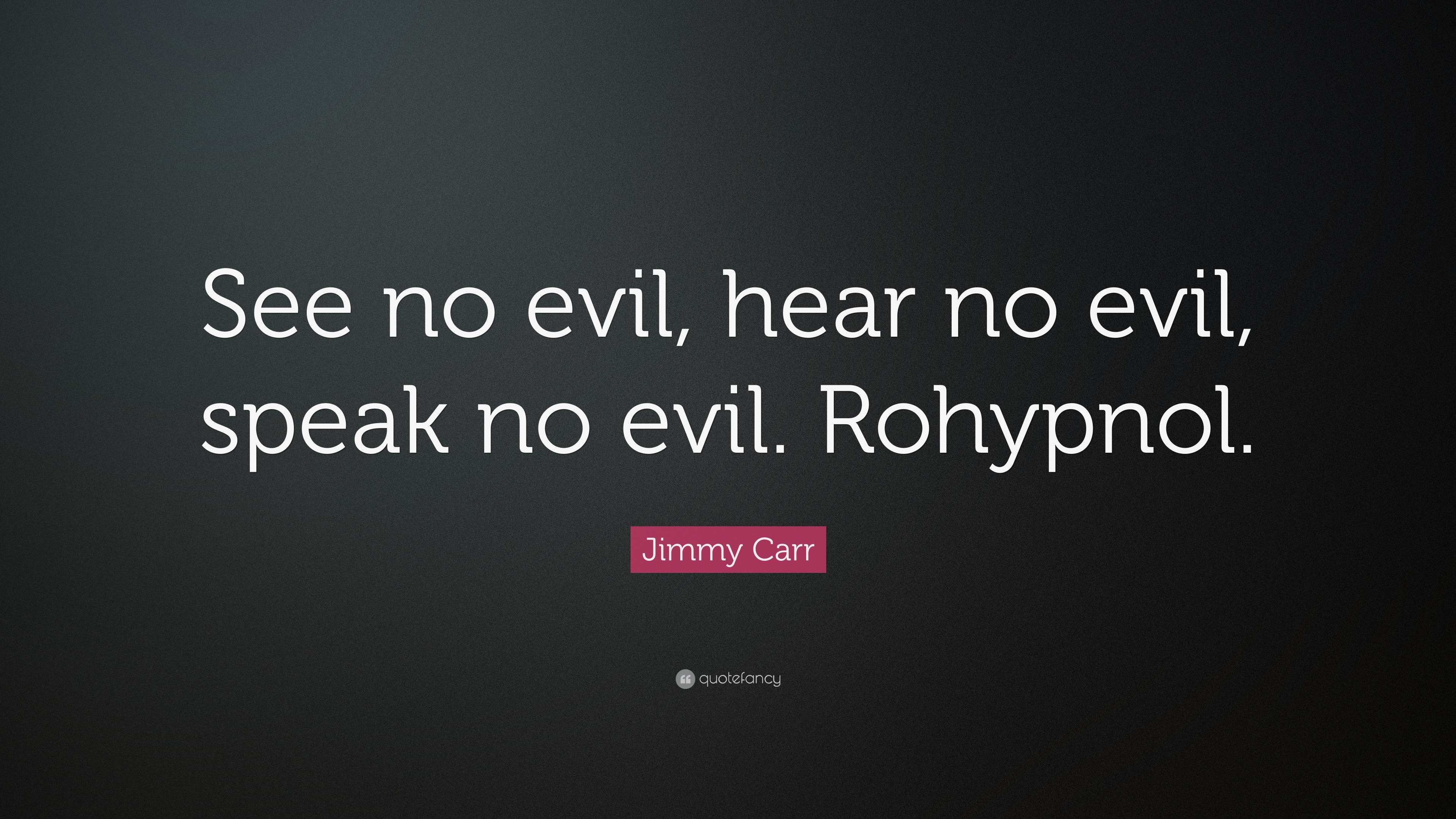
Jimmy Carr Quote “See no evil, hear no evil, speak no evil. Rohypnol.”
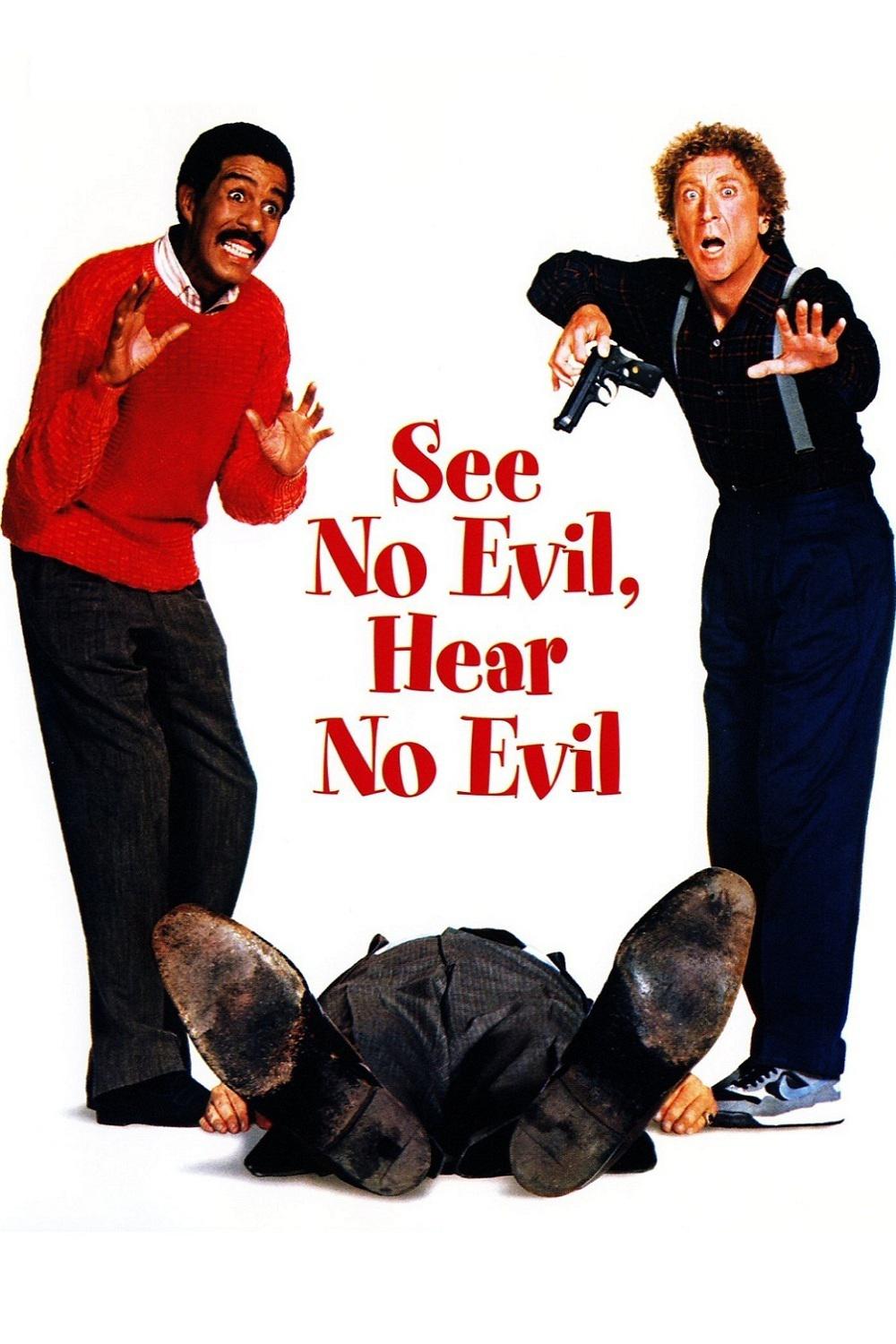
Watch See No Evil, Hear No Evil
Discover Three Wise Monkeys of Tōshōgū Shrine in Nikko, Japan: See no evil, hear no evil, speak no evil.. (1868-1912), leading to the coinage of the proverb "see no evil, hear no evil.. See no evil, hear no evil, speak no evil. A Buddhist/Shinto proverb that some sources maintain is Japanese, while others maintain it is Chinese and attribute it to Confucius, because a similar concept is quoted in the Analects of Confucius, which date from the 4th or 2nd century BC, "Look not at what is contrary to propriety; listen not to what is contrary to propriety; speak not what is.